The English Language is hard, period! So, it is no wonder that when an adult is trying to either overcome illiteracy or trying their hand at English as a Second Language (ESL), they can become frustrated at any attempts they have in reading and abandon their goal at learning to read.
It is considered by many experts to be a hard language to master. Many words can have multiple meanings. Some words are spelled the same yet pronounced differently. The fact that verb and noun order can be the exact opposite of Latin languages (Spanish, French, Italian, etc.) will baffle quite a few learners.
Even put up against the other Germanic languages like German and Dutch, English can confuse even the most intelligent of adults.
And do not get me started on regional dialects and words.
We, at SpellQuiz, thrive to promote better English language learning environment. That’s why we present you the ultimate masterclass on English as a Second Language (ESL) so that you can learn English better and faster.
English Illiteracy: Understanding the Current Situation
As I said in a previous article, there are many reasons that an adult is having trouble reading English, learning to read English or other difficulties with the English Language.
For some, it is for the tragic reason that they slipped through the cracks of the US Educational system. They never learned more than the most basic reading skills.
And for others, it could just be that they are learning the English language for the first time. Learning to read, and applying that reading ability can be a long, arduous task.
That in no way suggests that it is impossible.
It merely means that how you approach improving your reading in the English Language will be different than a juvenile does.
So let’s cover some areas and ideas in conquering adult illiteracy!

Why is Learning English as a Second Language (ESL) Important?
Proficiency in English is a requirement to become a citizen of the United States. Many people can be granted visas and begin the citizenship process with a less than firm grasp of reading the English Language.
The problem with adults in any learning environment, especially one as fundamental as communication. Cultural backgrounds, pride, age, and a host of other issues come into play for the adult learner.
Kids love to learn most of the time. The thought of learning new things are considered exciting to young learners. Being surprised thrills almost any kid.
Adults usually do not like surprises. Life has taught them that surprises are not always for good. For English as a Second Language (ESL) students, there are many roadblocks that adult learning to read the English language faces.
Some problems to consider are:
- being made to look stupid or foolish in front of others
- “losing face.” This can easily derail many trying to learn
- to appear “undignified.”
- failing, possibly again.
We can tackle each one either in a group setting or one on one environment. Just like child learners, there will never exist a “one size fits all” solution. Each student learning to read will offer different challenges and opportunities. This helps the new students learn languages easily.
Depending on culture and circumstances, the learning environment and setting will have to be adjusted accordingly. Remember that the person you are helping may be a loved one; you might be researching for new tips in an English as a Second Language class you run; the possibilities are endless.
A hard Road Ahead
But remember this, to you, it is something you are helping with a problem. When you finish, you will go on to your next task. The next project.
To the person struggling with illiteracy and English as a Second Language, this is their life.
Learning to read will open up doors to their lives that you cannot even fathom or visualize.
Put yourself in their shoes.
I know that sounds condescending, but it is an excellent piece of advice.
Picture yourself learning a challenging new task. Picture how you mastered it, or how you would master it,
Try and remember all the frustration you faced. Think about how you overcame it. What tasks or shortcuts did you use or undertake?
Far too many times we try and be the teacher without having first looked at the world through the eyes of the student.
Use that insight to help others master reading the English Language.
 This is the card that opens many doors
This is the card that opens many doors
Learning the English Language: Tips and Tricks
Well, you have decided to help someone overcome their struggles with the English Language.
At this time, it is too early to say congratulations, or ask God to have mercy on your soul.
All joking aside, it is a little of both.
If you are a teacher of Adult Illiteracy or English as a Second Language, it stands to reason that either you are looking at new ideas and materials for your class; or, you have reached a brick wall with a student or a class.
Don’t fret; it happens to all or us. I taught High School in an Alternative Education Setting for a decade and there where many times that I became frustrated with the trials and tribulations of many students.
But do you know what I found out during those years?
Many discipline problems that had students sent to my class all had one or two things in common.
They were reading and working on an elementary school level and were frustrated, or they were operating above a high school level and were bored.
Their level of education determined their participation in the classroom.
The ones reading and functioning on lower levels would act out to take the focus off the fact that they were not getting it. They felt if their peers did not see that they could not read, they would be faced with the embarrassment of being seen as stupid.
On the opposite end of the spectrum, students that think and act on levels above the class acted out for boredom.
Read More: A Comprehensive Guide to ESL Activities for Adults
So how does that help you?
Easy, you need to know what level of understanding that the person or persons you are helping are on. It is particularly true for learning English as a Second Language.
Now, you could bore the living heck out of them and give them a test to determine their level. At best here you stand the risk of frustrating your students and yourself.
So, the solution is to make it fun, make it challenging.
But most of all, make the person understand that this is not pass or fail. Make sure they know that this assessment will only help them.
Even better, do not let them find out they are being tested.
How do you master that, you ask?
That is a great question.
The answer is found with this simple question…
Would you like to play a game?
 Image by Gerd Altmann from Pixabay
Image by Gerd Altmann from Pixabay
Fighting off English Illiteracy
Yes, I meant to leave you hanging after that revelation,
Its a bit cruel, but think about it; I am giving you just enough information to keep you interested.
I am keeping the words I use and the phrases I use short and on a varying level.
That way you are hanging on my words. Will my next sentence answer your questions? Will it push to the edge of revelation, and leave you hanging?
Or will you get frustrated and read something else?
That is the joys of language and the key to your teaching adults.
But, where were we, oh yes, playing a game.
On the main page here on SpellQuiz, there are several levels of spelling challenges. This is the perfect chance to not only have a little fun with the learner but to gauge where they are.
Now you can take part in online Spelling Bee too! Check out the SBO section on Spellquiz today! This fun game is perfect for those aiming to participate in a spelling bee competition.
Also, you should ask your kids to have a better grasp at these spelling words as these are the most commonly seen words in the English language.
Start at the very beginning of the modules in Grade One, and go on until the student is unable to go any further. Very soon, you’ll realize that you are capable of solving the harder spelling quiz for grade 9, or even the spelling quiz for grade 12.
However, if you feel confident enough you can try the spelling quiz for adults.
This does two things, one it gives you an idea of where the student is at in performance.
Second, the student will have a little bit of confidence-building.
Think about most games; they go from easy to hard. It is by design. If the games started out difficult, most people would not play them. So the designers purposefully make them start off easy and progressively get harder.
Once the student cannot go on, that is the level you work on.
Just remember to avoid making the learner think that learning English as a Second Language is impossible. Otherwise, they won’t feel competent enough for the spelling words for adults.
Once they think they cannot do it, they never will.
 Image by Johann Lavandier from Pixabay
Image by Johann Lavandier from Pixabay
Reading and keeping it interesting
As I child, I was raised to love reading. To the point that I read just for the sake of reading. It has been unnatural to try and relate to someone who struggles with reading.
But that love was instilled as a child. While a child, most people are trusting and did things because a person of authority said it was needed.
Unlike children, adults need to know why they are learning something.
What is the point of this?
Why do I need to know this?
How will I use it?
So your educational techniques for learning English as a Second Language should be centred around answering those questions. How do you show an adult that reading is necessary for their job?
What tools could you use?
To answer that question, you only need to think of one subject,
What everyday tasks or things benefit the adult?
Once you have the answer to that, you have the teaching methods for English as a Second Language.
 Image by Johann Lavandier from Pixabay
Image by Johann Lavandier from Pixabay
Learning to Read
The actual act of learning to read by the adult will happen at different paces and with different tools for every adult.
An adult that is already literate in one language, but trying to master English as a Second Language will face different obstacles that a person that English is their first language and they cannot read at all.
Believe it or not, the one that cannot read at all will learn faster than the one learning English as a second language.
That is simply because the person learning for the first time will not have to unlearn grammar rules that exist in one language but is different in another.
So this presents several opportunities.
Show and Tell
Yeah, I know, show and tell is a cute game for Kindergarteners.
But it can help adults too.
Picture this, every week, the person or people you are helping picks an article about a topic they read and discusses what is in the article.
In this way, they have shared information about a subject that they find interesting. Nothing helps the self-confidence factor better than sharing wisdom.
Alternatively, they can share a book that they are reading. Now, this is something that the adult learner should be doing, reading. The brain is a muscle and only improves as they use it. So ask that your students pick a book from their reading level and read it.
Once again, the idea of being able to share new found wisdom will only spur the learner to keep going.
Resumes, help wanted ads and tax returns. Oh My!
As I stated earlier, an adult wants to know what they are studying, why they need to know it, and how they can use it.
They will scoff at information that they feel they do not need or cannot use.
So this tactic shows them how they can apply their new knowledge. Bring in want ads, show them how to write resumes and fill out applications with the words and grammar that they are learning.
When they see how the words they learn advance their place in life and they will become dedicated students.
My dad as he learned to read, looked over automotive repair books. Remember this was the 80s and 90s when you did not need a degree in engineering to change the oil. He realized pretty quickly that he was lacking in his vocabulary and pushed himself to understand the words he was unfamiliar with. Try this vocabulary tester to understand your current skill level!
Mastering this, he saw how his ability to repair cars with greater ease helped him.
He could apply his new found knowledge to other fields and interests.
By the time he passed away in 2007, he had started reading for fun.
So, find what they want to get out of learning and show them how they master it.
Bring on the games
Like I stated earlier, games are a great way to improve vocabulary and literacy. The spirit of competition, whether against a computer opponent or another human, can force a person to improve their game. Word games would be one of the smartest ways to learn a language.
Currently, on my phone, I have a crossword puzzle app and a word search app. I spend hours of free time pushing myself to beat the computer. I have even noticed that even as well read as I like to think I am, I have learned some new words.
In adult literacy classes and even some of the classes that I taught, Scrabble is a favourite. Not only is spelling a must, you sometimes will have to have an idea of the word meaning.
Even better, you can limit the game to using vocabulary terms that the class has already covered. This might be a great stress breaker or study session before a quiz or review.
Make the student keep a journal. This by far is one of my favorites.
The student will misspell practically every word in the beginning. They know they will and you will too. Here they can record their fears and their hopes on learning and life. Without realizing it their spelling will improve, their vocabulary will improve and one day they will thumb through the journal and realize that they have come a long way in their abilities.
I would highly recommend coming back to the SpellQuiz periodically. Especially when you think that the learner is starting to doubt themselves or hit a brick wall.
Once they start playing and go even further than they did before, it will pump up their self-confidence and push them to apply themselves even more.
These might seem like trivial things, but to a person thirsting for knowledge and skill, it is these little things that make the difference between success and failure.
Bringing it all together
Hopefully, you can take from this, a few ideas on how to help at least one person learn English as a Second Language (ESL). This simple knowledge will inspire a person to become bigger than they are. They will be able to read thoughts and observations from people hundreds of miles away and centuries in the past.
When you are helping someone to overcome a deficit that separates them from the rest of humanity. By giving them this gift, you also enrich humanity as a whole, you connect to the greater knowledge another voice that will add their voice to the cosmic fugue, and we all will be better for it.



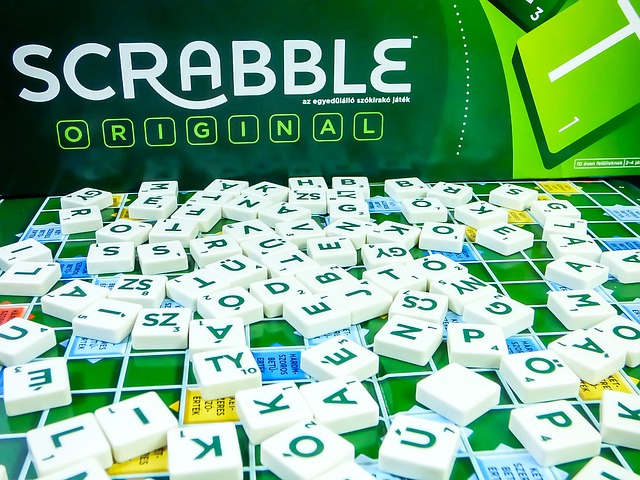

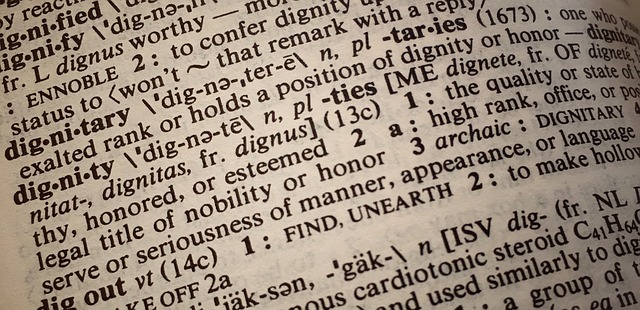



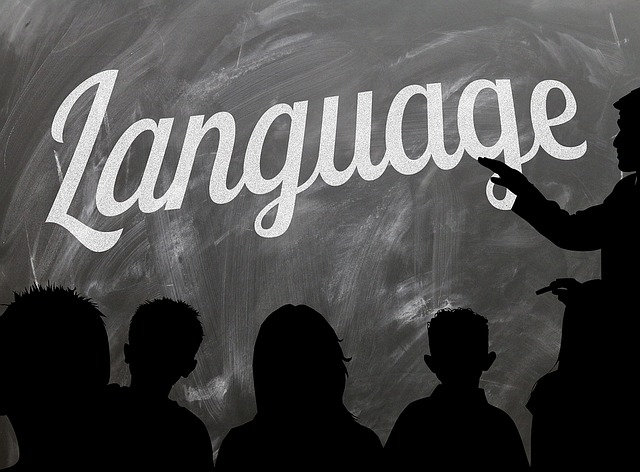












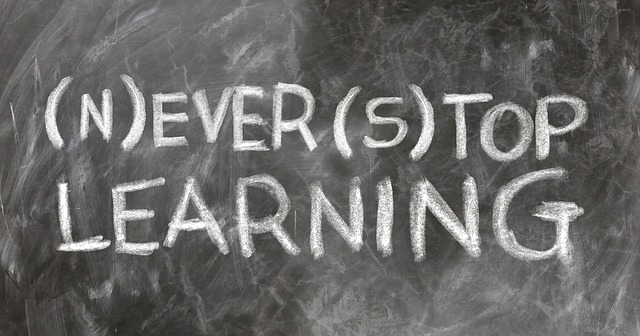
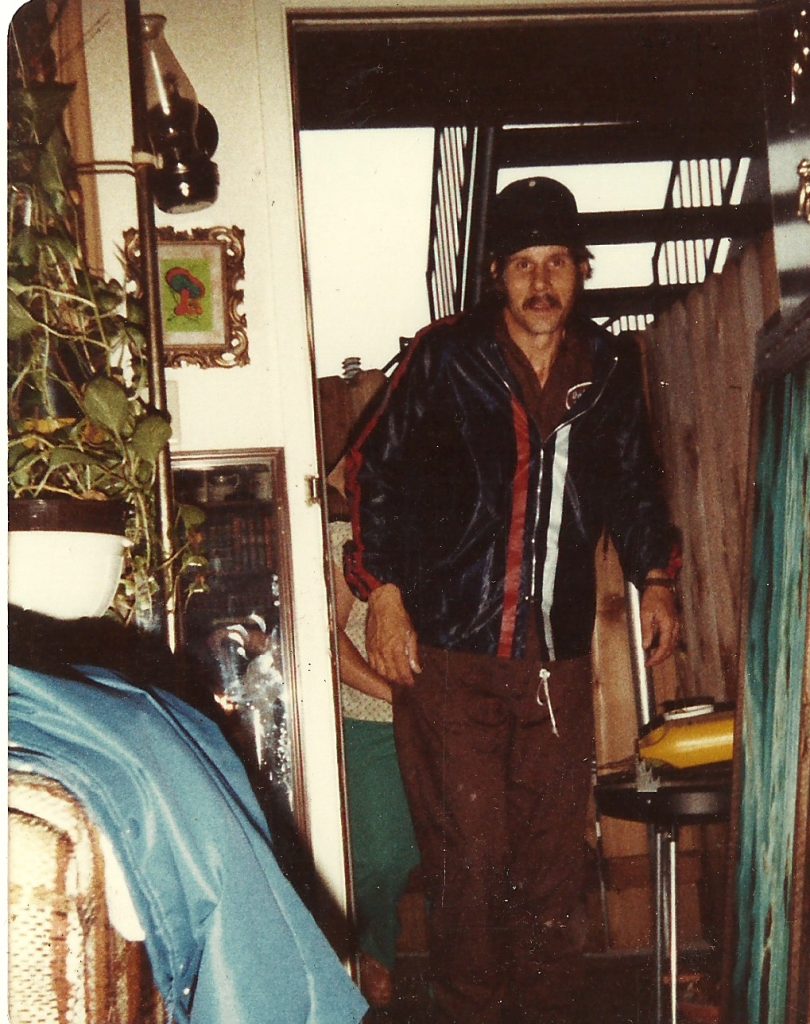 My father back in the 80s. A man that would not let his challenges with literacy hold him down (photo courtesy Michael Cole)
My father back in the 80s. A man that would not let his challenges with literacy hold him down (photo courtesy Michael Cole) In 1968 the United States Army had no interest in soldier literacy. They only ensured a soldier could master trained tasks, carry out orders effectively and quickly. (Defense Department photo)
In 1968 the United States Army had no interest in soldier literacy. They only ensured a soldier could master trained tasks, carry out orders effectively and quickly. (Defense Department photo) Image by
Image by  Image by
Image by 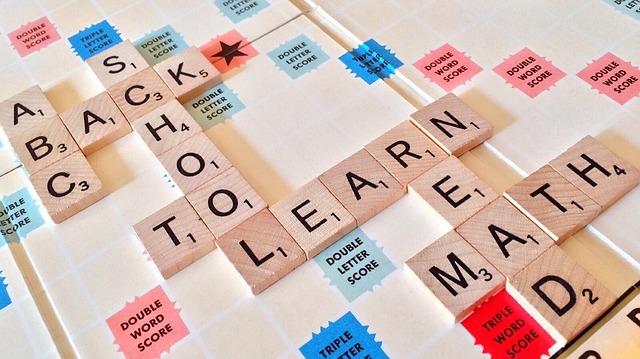 Image by
Image by  Image by
Image by 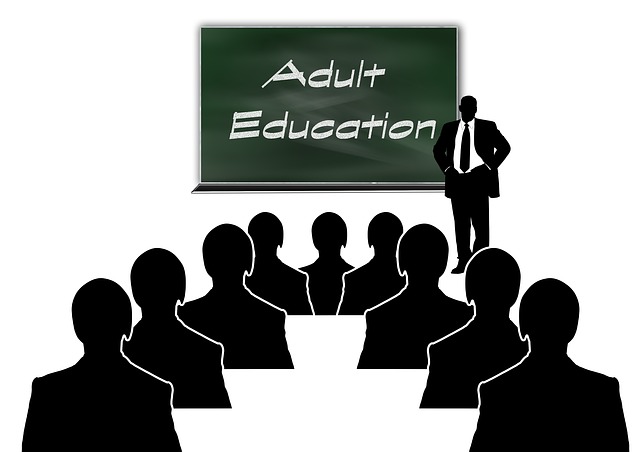 Image by
Image by  Image by
Image by 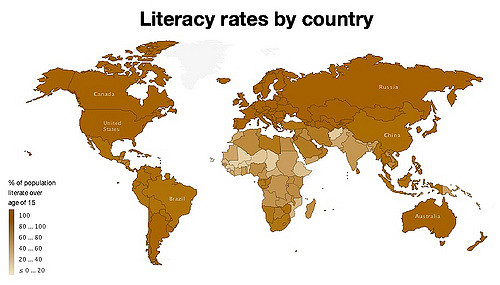 Nearly a Billion People worldwide cannot read. UN File Photo
Nearly a Billion People worldwide cannot read. UN File Photo Image by
Image by  Image by
Image by 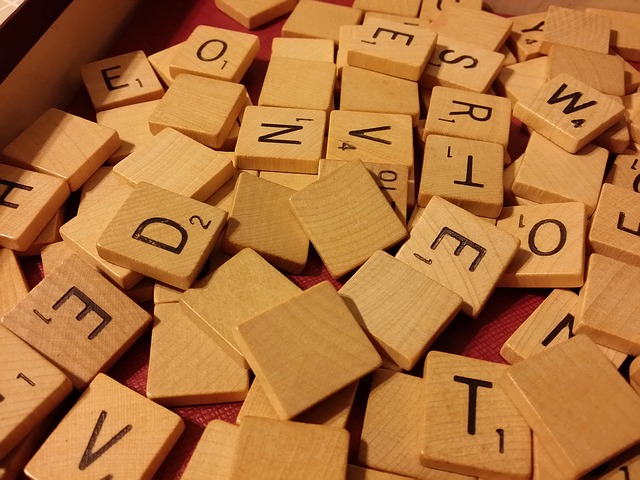 Image by
Image by 